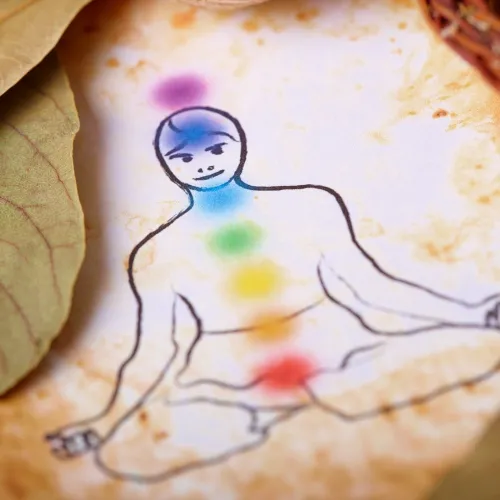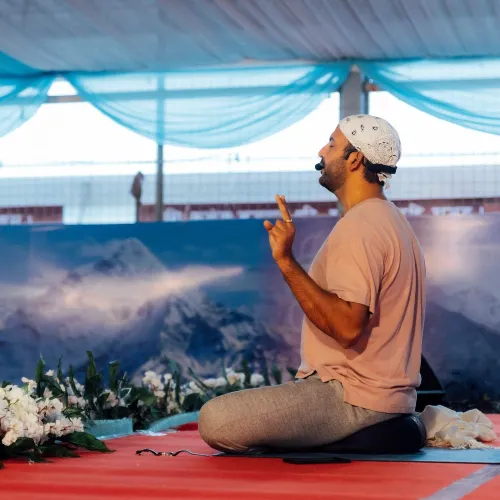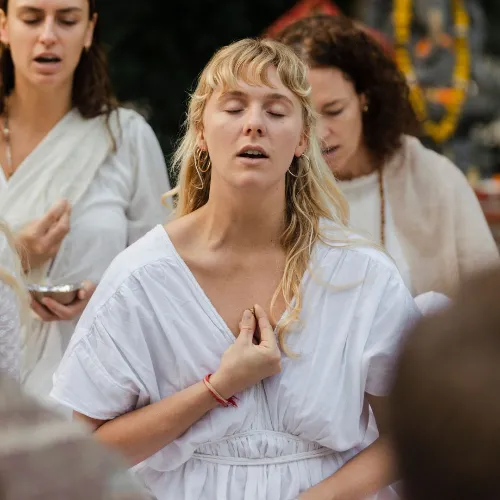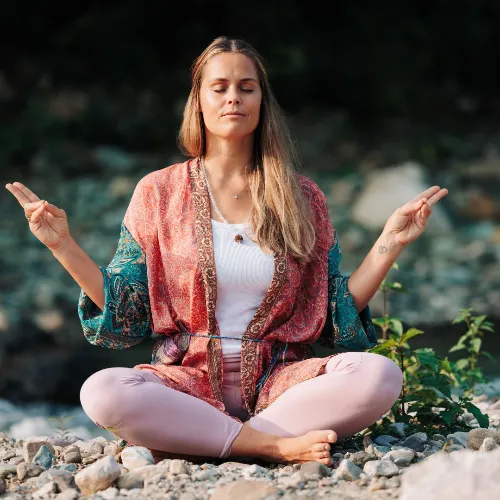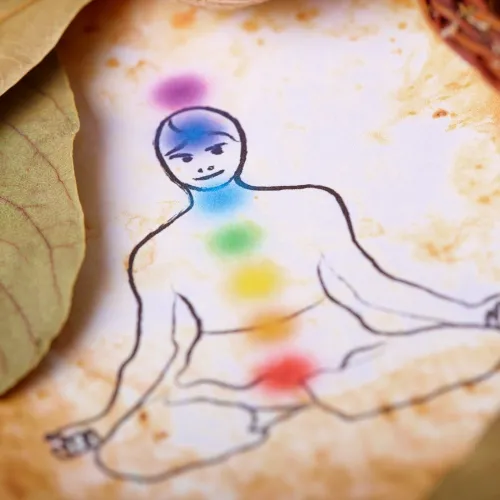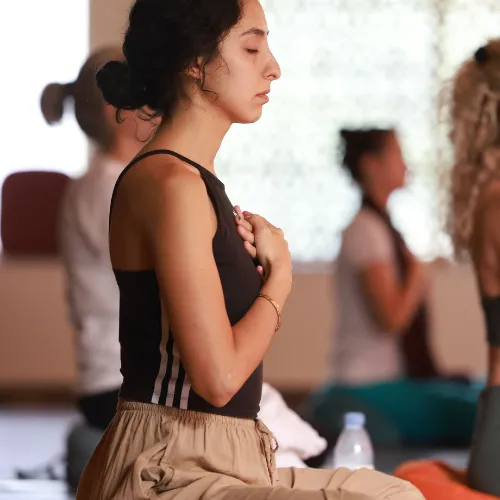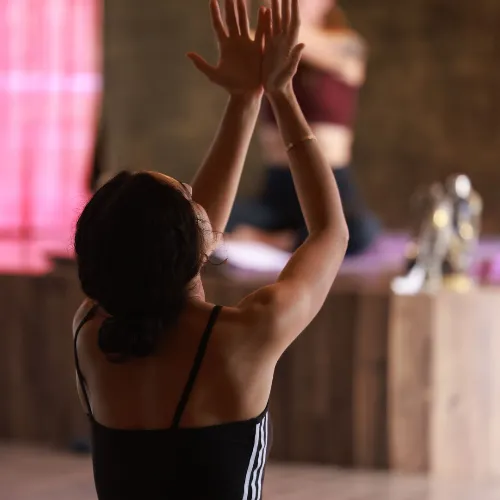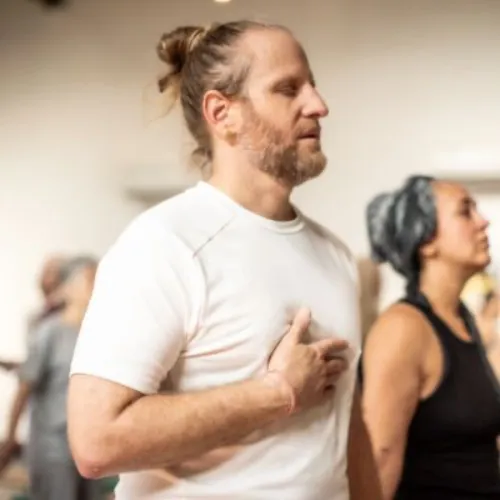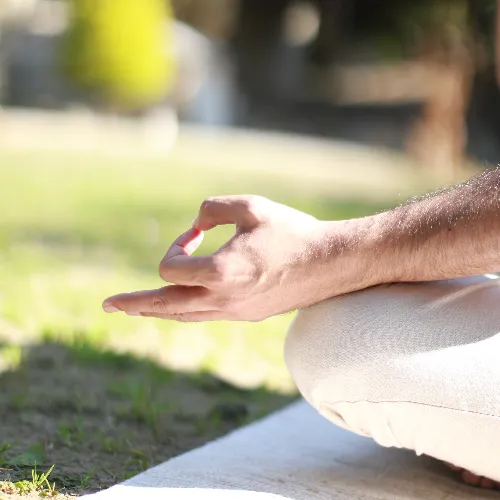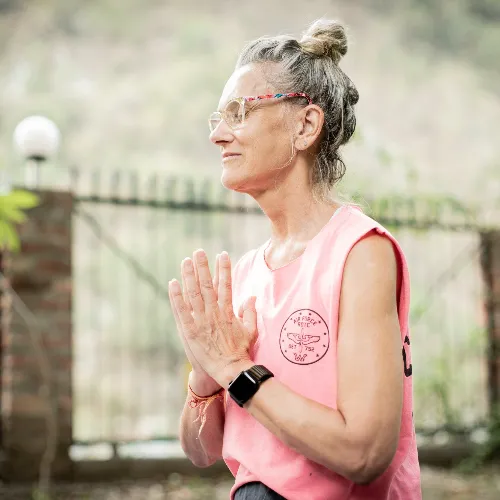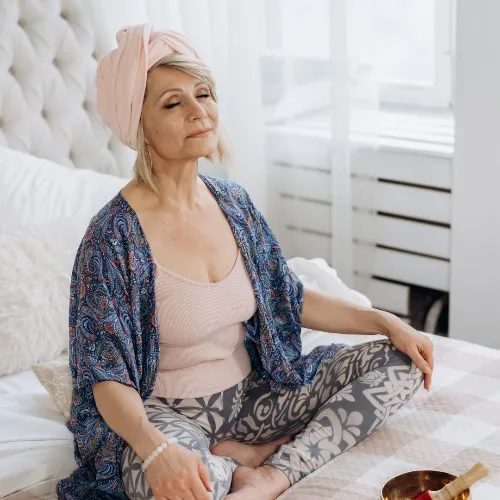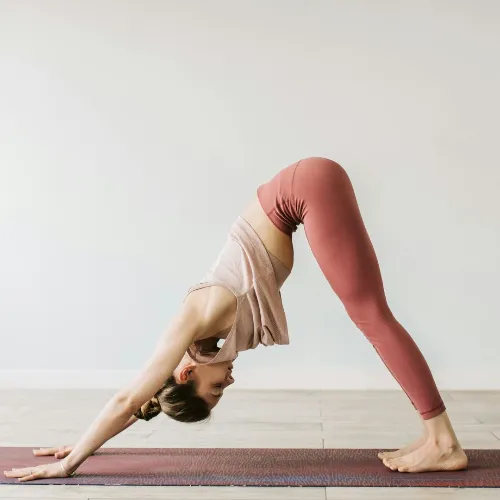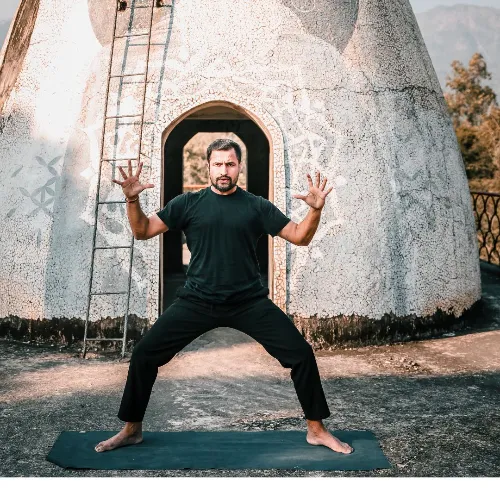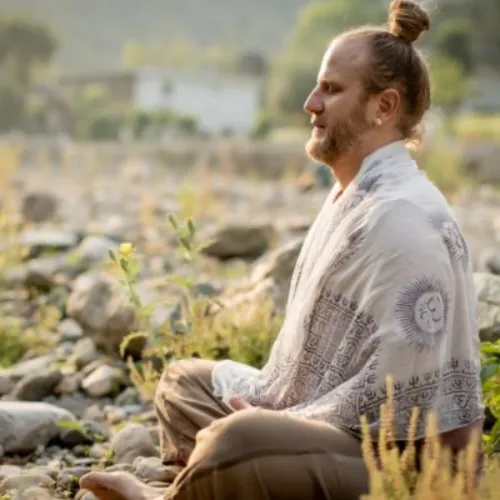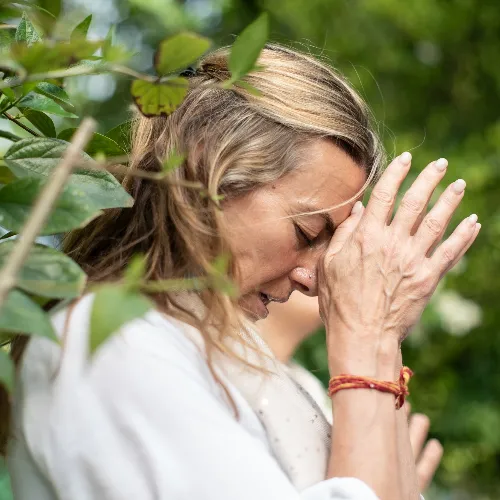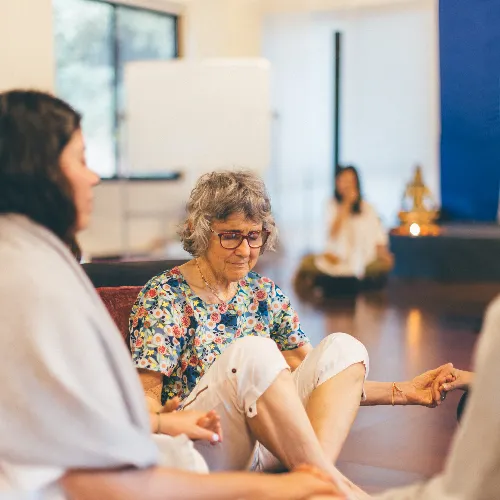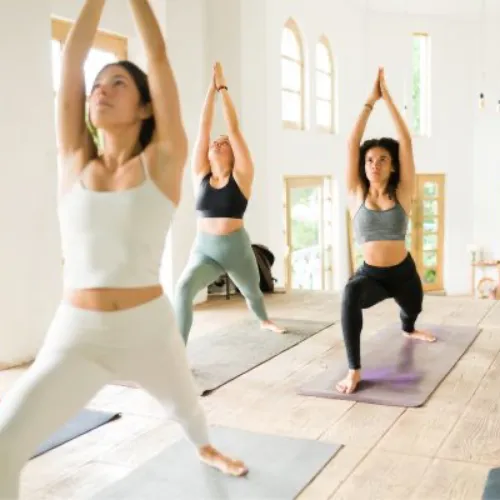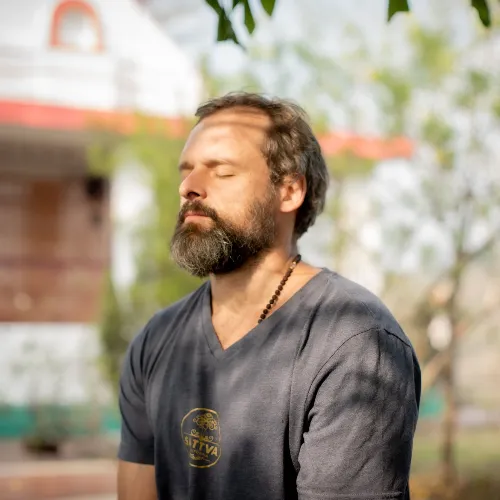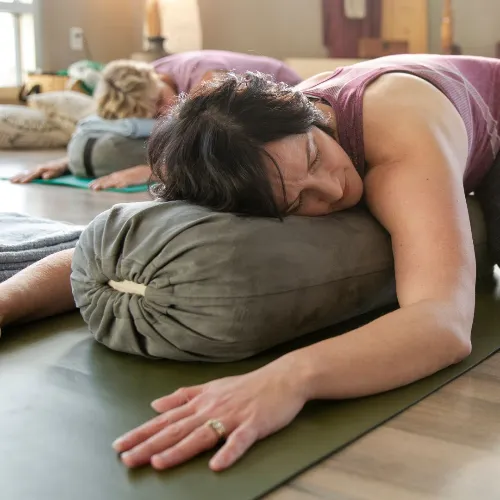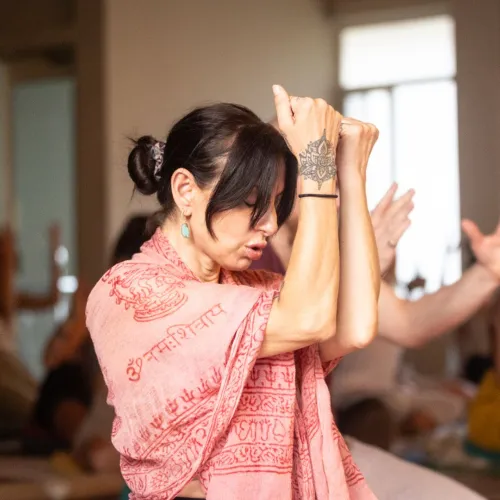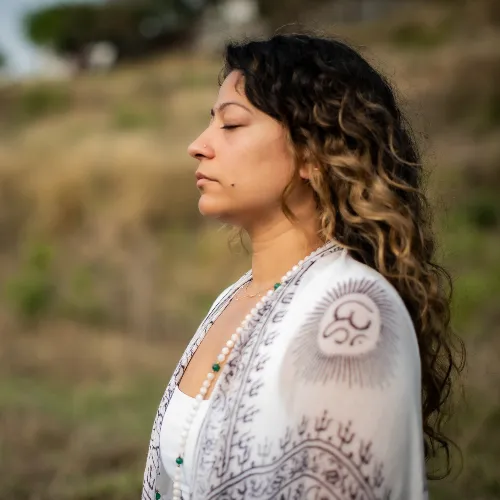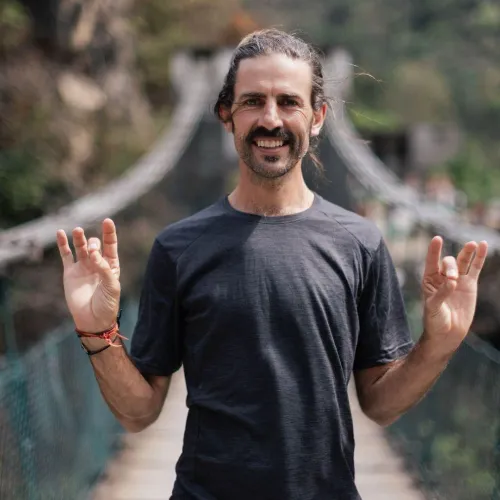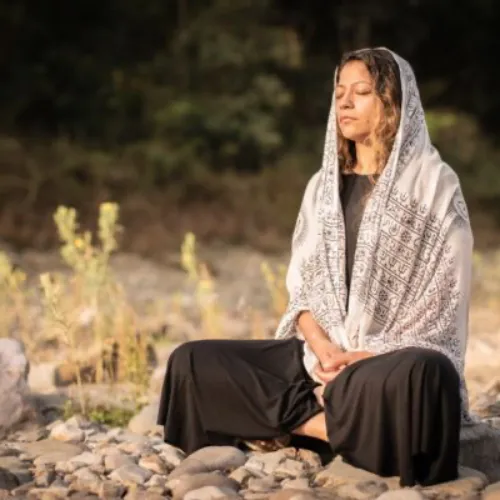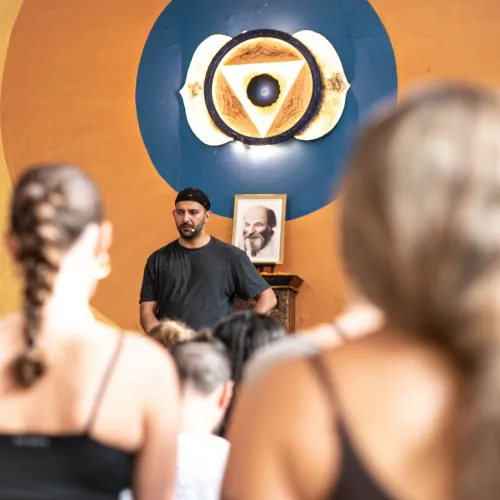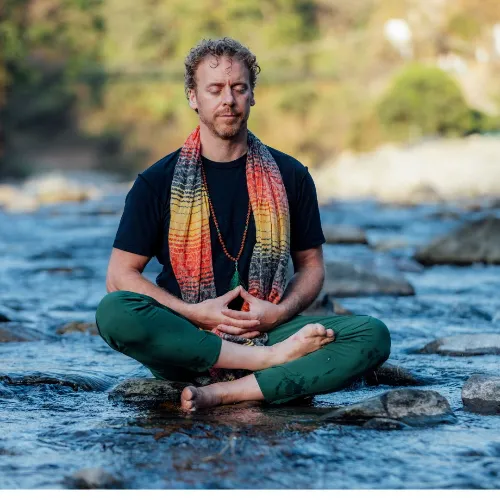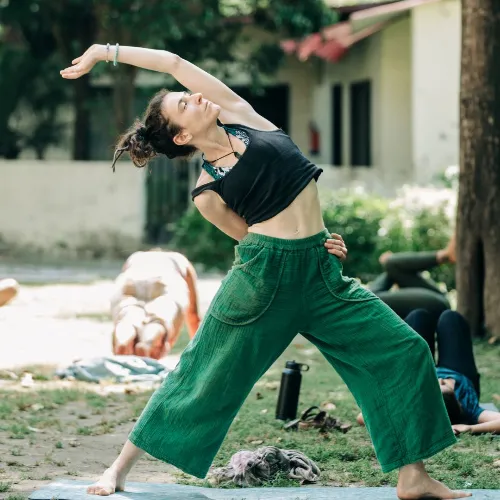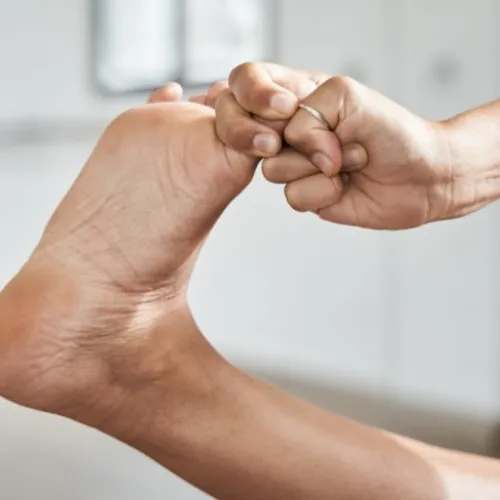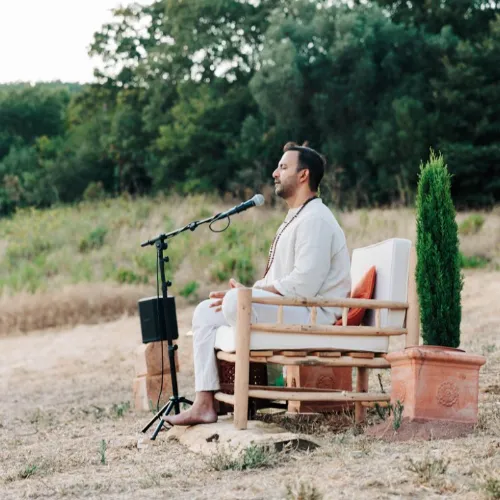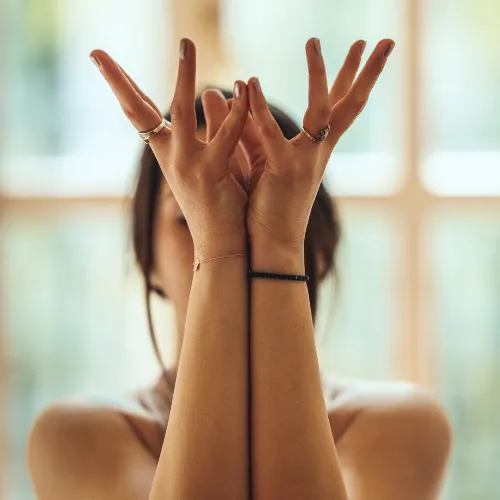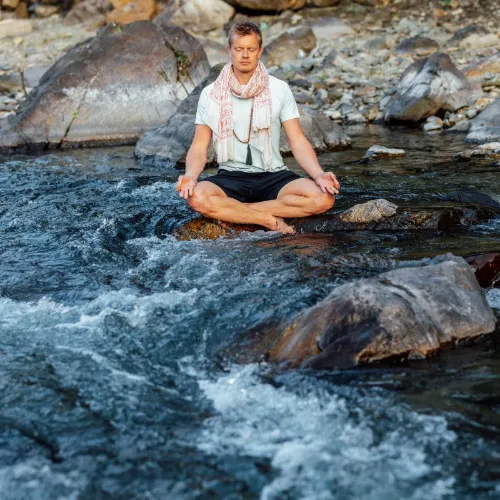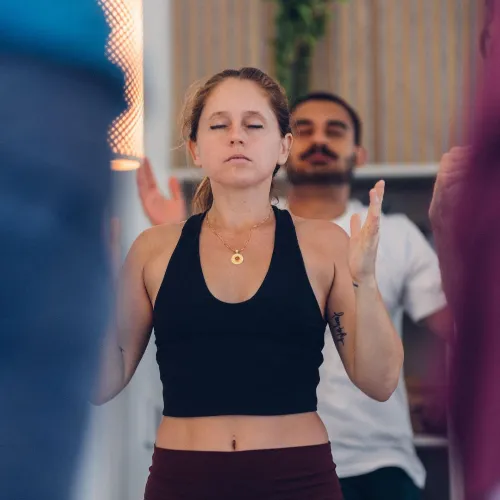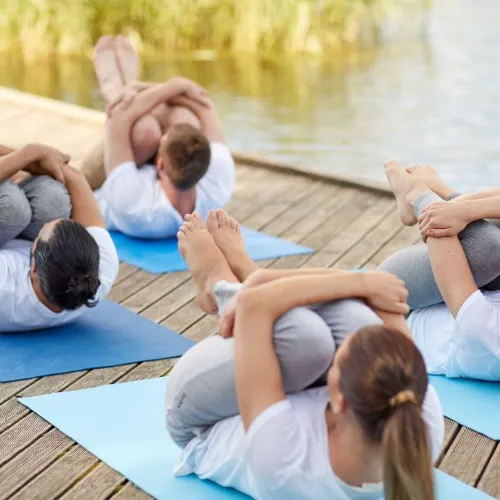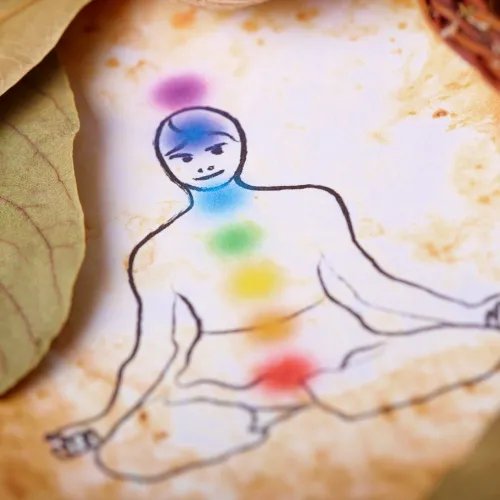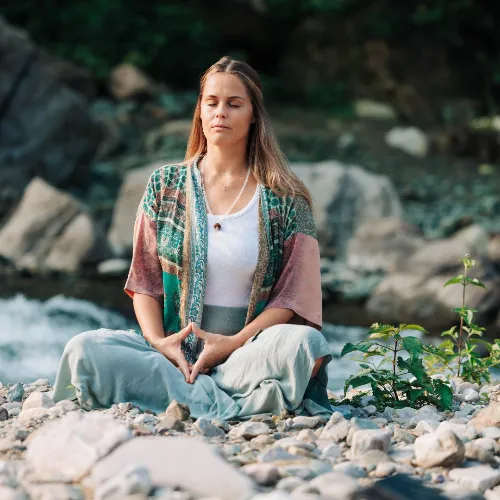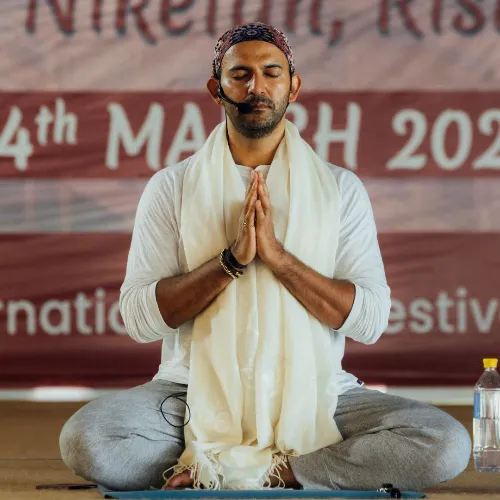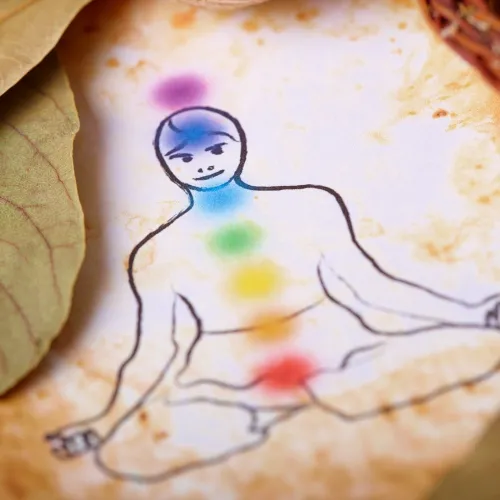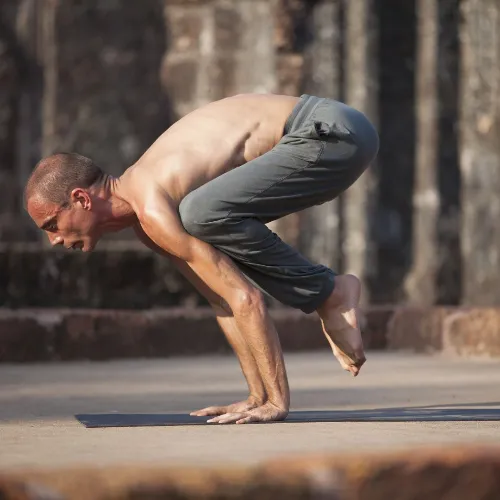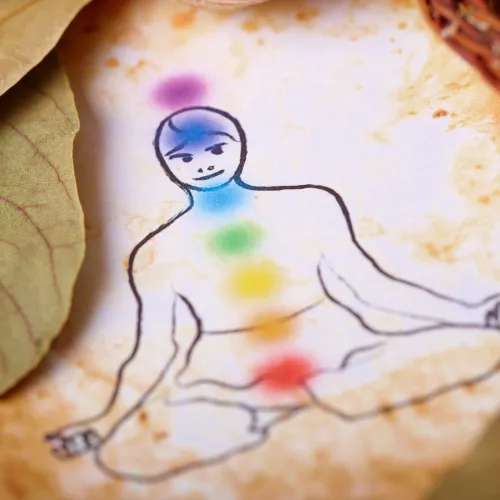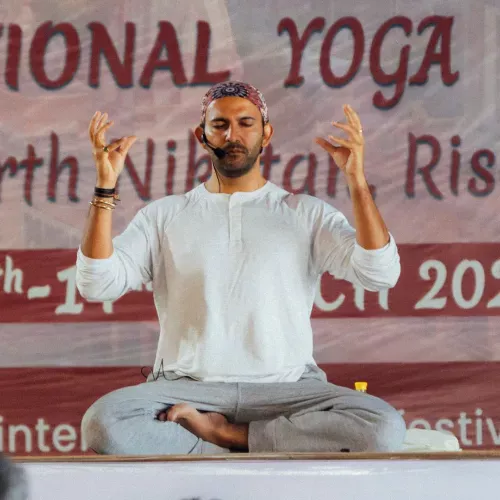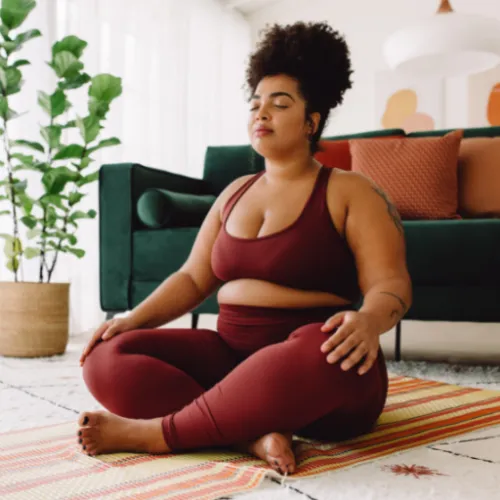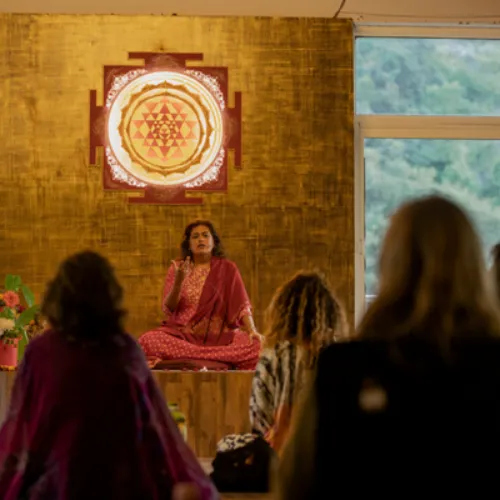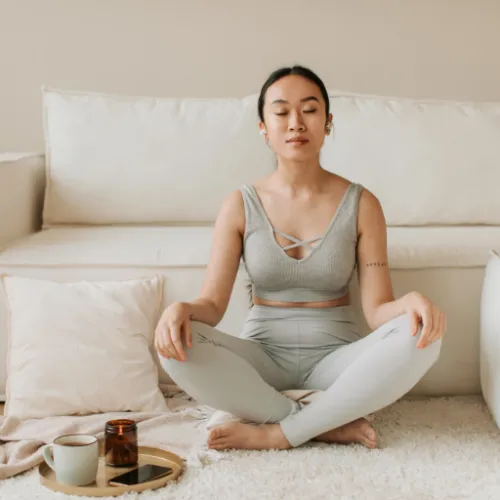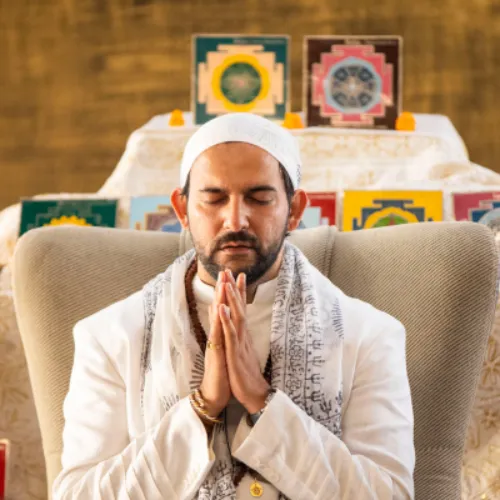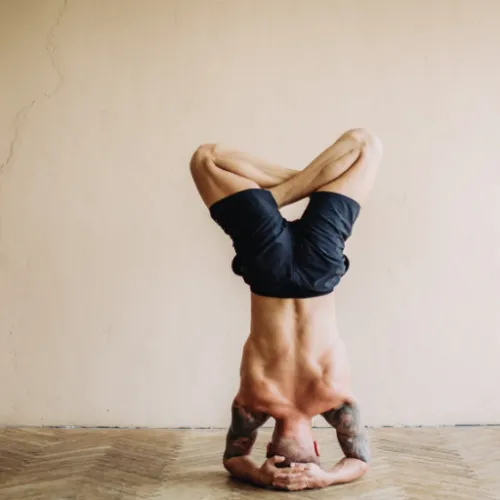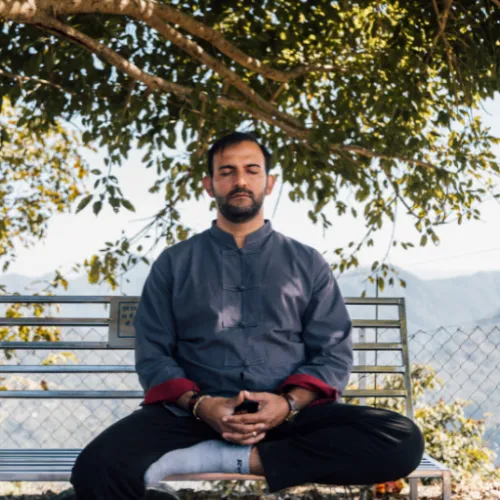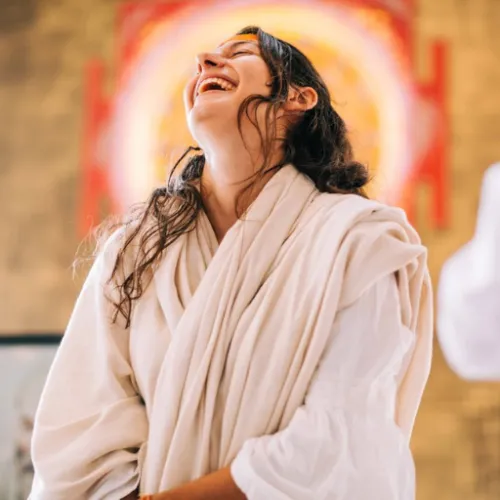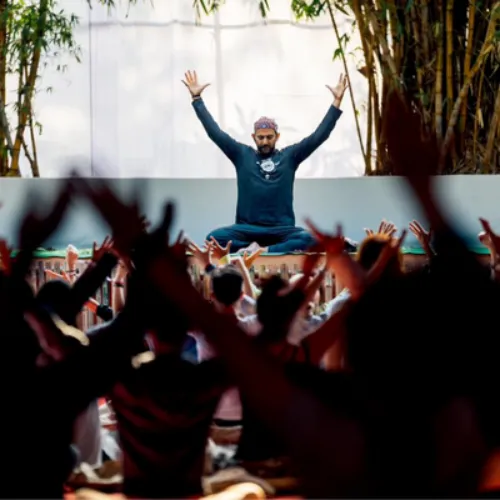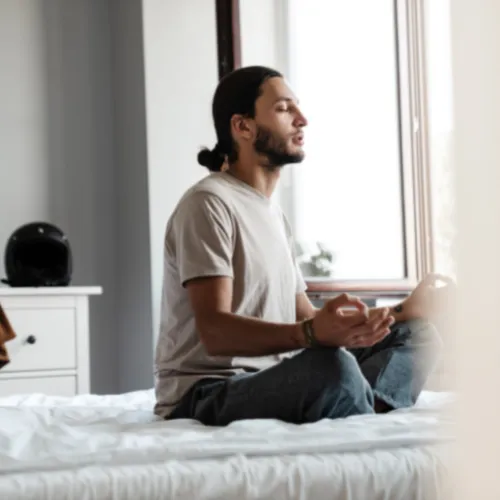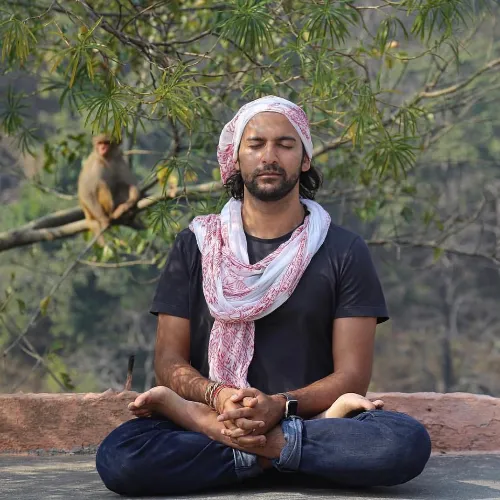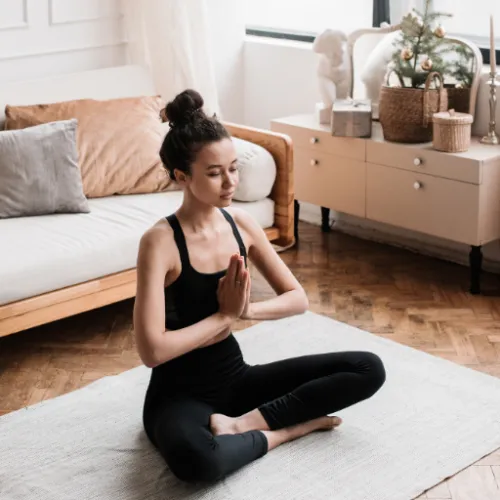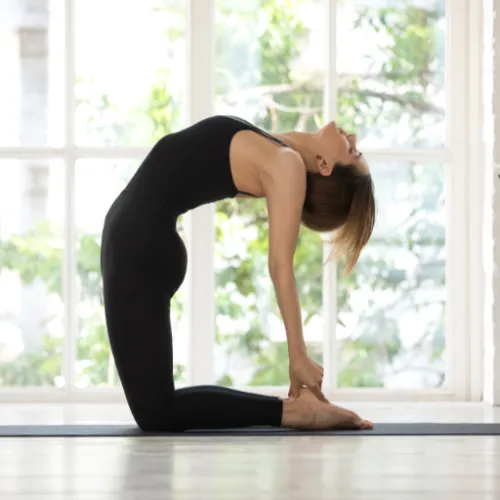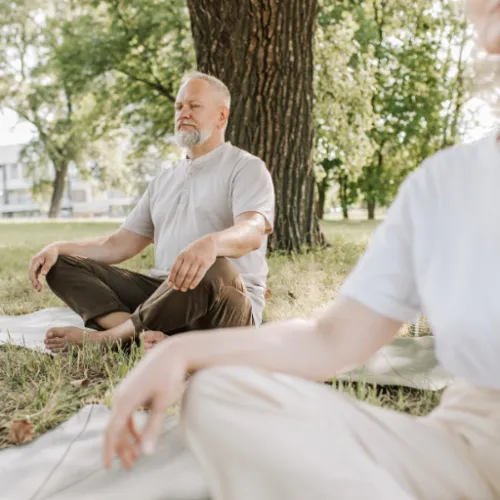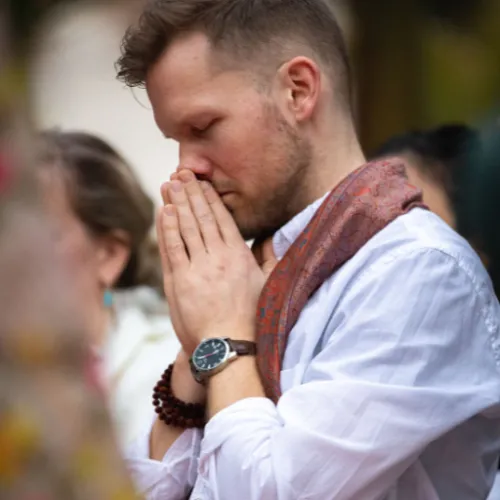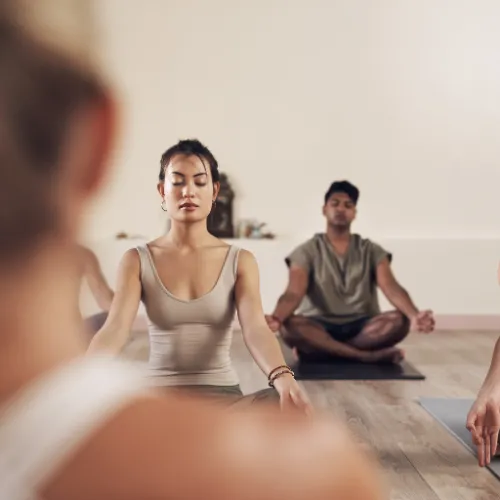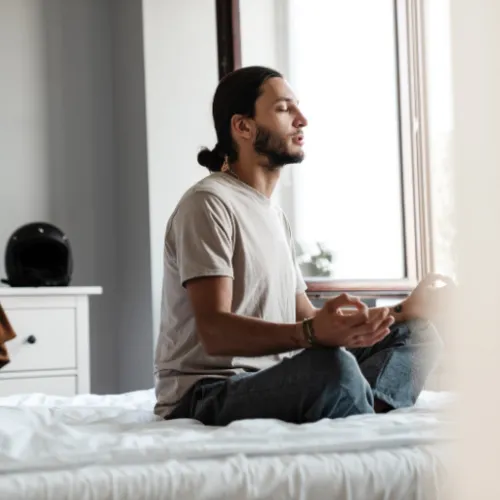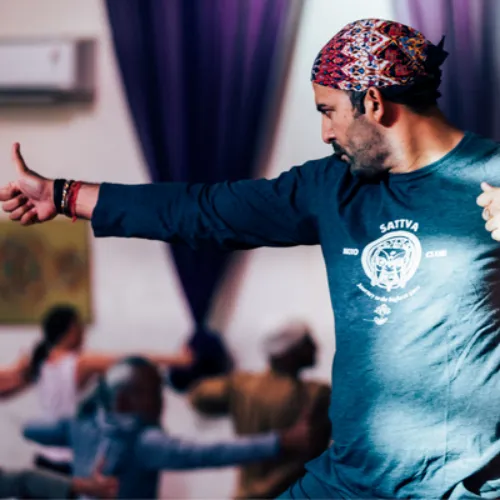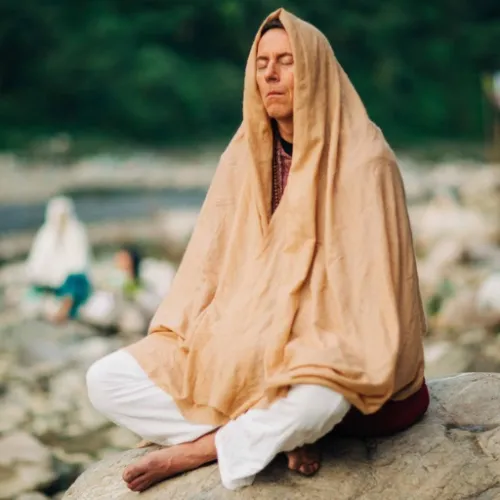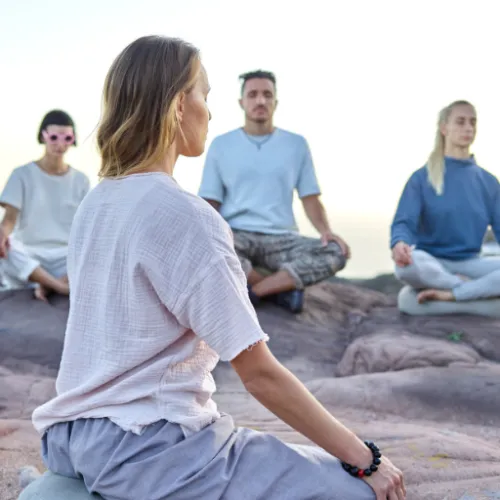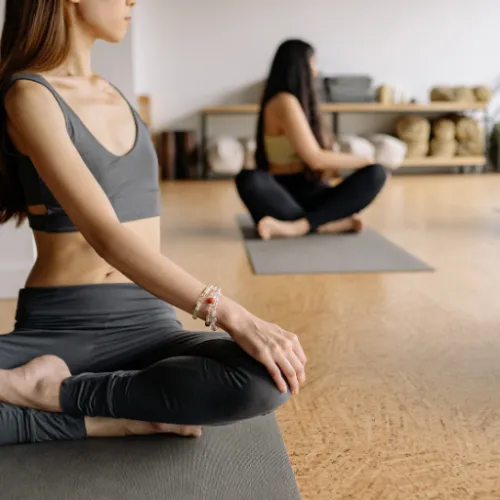

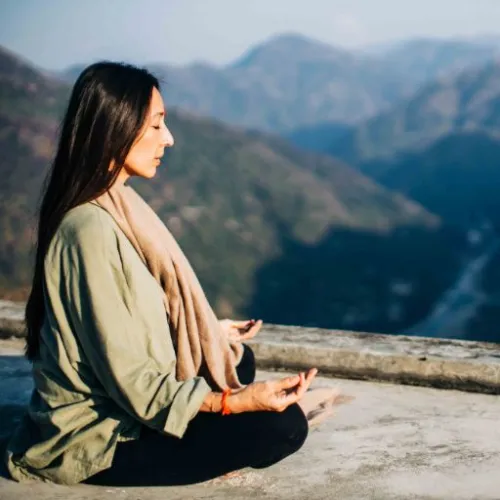
Post-Traumatic Stress Disorder (PTSD) is a complex condition that can significantly impact one's mental, emotional, and physical wellbeing. Characterised by intrusive memories, hypervigilance, and emotional numbness, PTSD can feel overwhelming and isolating.
However, many individuals with PTSD have found solace and support in the practice of yoga and so, in this article, we'll explore how yoga can serve as a powerful tool for healing trauma and overcoming symptoms of PTSD.
PTSD can arise following exposure to a traumatic event or a prolonged distressing experience.
Symptoms may include flashbacks, nightmares, heightened anxiety, always being on guard, self-destructive behaviour, difficulty sleeping, irritability, angry outbursts, aggressive behaviour and overwhelming guilt or shame.
Regulates the Nervous System
Yoga offers practices such as deep breathing, gentle movement, and relaxation techniques that help regulate the autonomic nervous system.
By activating the parasympathetic nervous system, yoga can counteract the hyperarousal and hypervigilance commonly experienced in PTSD.
Promotes Mindfulness & Grounding
Mindfulness practices in yoga encourage individuals to cultivate present-moment awareness and develop skills for managing distressing thoughts and emotions.
Grounding techniques, such as focusing on sensations in the body or using grounding poses, help individuals feel anchored and connected to the present moment.
Releases Tension & Stress
Yoga's emphasis on gentle movement and stretching can help release physical tension stored in the body as a result of trauma.
Practices such as restorative yoga and yoga nidra (yogic sleep) provide opportunities for deep relaxation and stress relief.
Expands Self-Compassion
Yoga encourages individuals to practice self-compassion and acceptance, fostering a sense of safety and security within oneself.
Through gentle exploration of the body and breath, individuals can learn to cultivate kindness and gentleness towards themselves, counteracting feelings of shame or self-blame often associated with trauma.
Builds Resilience & Empowerment
Engaging in a regular yoga practice can help individuals build resilience and reclaim a sense of agency over their bodies and minds.
By confronting challenges on the mat in a safe and supportive environment, individuals develop confidence and resilience that can translate into other areas of life.
Start Slowly and Respect Your Limits: Begin with gentle, beginner-friendly yoga practices and gradually increase intensity or duration as you feel comfortable. Listen to your body and respect its signals, taking breaks or modifying poses as needed.
Focus on Breath Awareness: Pay attention to your breath throughout your practice, using slow, deep breathing to calm the nervous system and regulate emotions. Incorporate some of the myriad of pranayama (breathwork) techniques available into your practice.
Create a Safe Space: Practice yoga in a quiet, private space where you feel safe and comfortable. Consider dimming the lights, playing soft music, or using props such as blankets or bolsters to create a nurturing environment.
Seek Support from a Qualified Instructor: If you're new to yoga or have specific concerns related to PTSD, consider working with a qualified yoga instructor who has experience in this area. They can provide guidance, support, and modifications tailored to your needs.
Practice Self-Compassion: Be gentle and patient with yourself as you explore yoga as a tool for healing. Release expectations of perfection and embrace the journey of self-discovery and self-care with compassion and kindness.
While PTSD can feel overwhelming and debilitating, yoga offers a path towards healing and empowerment. Through its gentle yet powerful practices, individuals with PTSD can find support, connection, and transformation on their journey towards greater wellbeing and wholeness and by cultivating self-compassion, resilience and a sense of agency on the mat, it starts to build up and we take it with us as we move throughout our day, positively impacting all areas of life.
To learn more about how yoga can be supportive to mental health, view our "Yogic Perspective on Mental Health" series with Anand Ji and Psychiatrist Anuranjan Bist and "Yoga of Mental Health" with Psychiatrist Anuranjan Bist.
